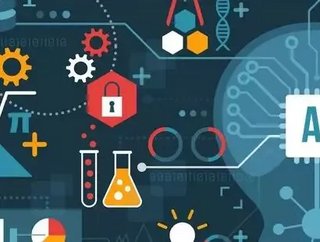Lux: Digital Transformation for the New Consumer Journey

Accelerated by COVID-19, emerging digital technologies, especially AI and IoT, are fundamentally changing the consumer journey in the consumer product market. A new report from Lux Research, “The Digital Transformation of the Consumer Journey,” outlines how companies can apply digital technology to enhance the consumer journey for their benefit.
Traditional digital solutions like digital marketing and ecommerce have laid the groundwork for the disruptive potential of AI and IoT.
“Emerging AI and IoT technologies, however, are able to further move the needle in consumer personalisation through data collection, thus creating deeper value for CPGs and their supply chains,” says Jerrold Wang, Lux Research Analyst and lead author of the report.
The report looks at specific examples of how digital transformation impacts the consumer journey across the consumer product market, including categories like food, beverage, and nutrition, clothing and shoes, cosmetics and personal care, sporting goods, and furniture and household items. Among the most commonly used emerging digital technologies are AI technologies for human-machine interaction like computer vision, voice recognition, and natural language processing, smart cameras and sensors, and augmented reality (AR).

“Though these digital technologies are empowering the five segments of the consumer journey – awareness, consideration, purchase, use, and retention – the hot spots of technology innovation and deployment are focused in the consideration and use segments,” explains Wang.
Driven by AI-enabled personalised product recommendations and automated product utilisation, respectively, these two segments offer most of the opportunities for disruption. Innovations for these segments will enable customised value-added services and build consumer lock-in. In addition, these two segments have a direct impact on product sales and consumer retention, driving revenue from both new and existing consumers.
Lux Research states that companies in the consumer product market risk being left behind if they don’t develop AI and IoT strategies immediately. As personalisation has become a consumer expectation, market leaders like L’Oréal and P&G have been adopting digitally enabled products throughout the consumer journey – not to mention smaller companies launching new solutions on a nearly daily basis.






